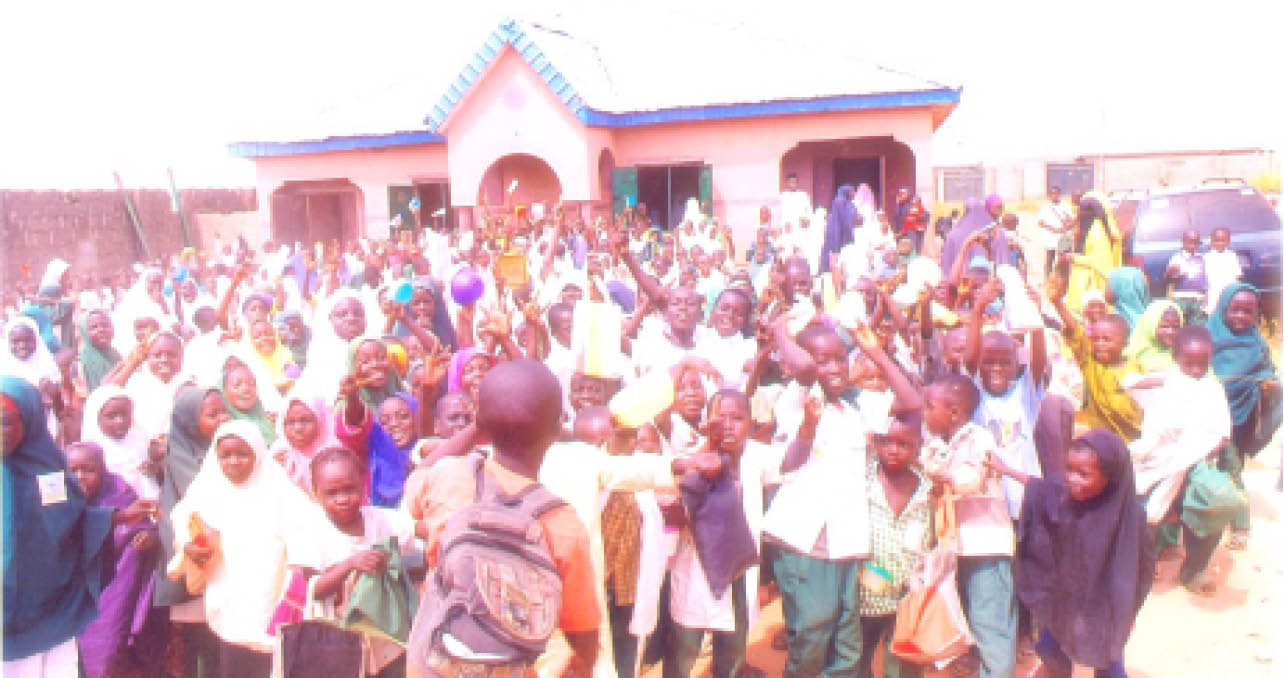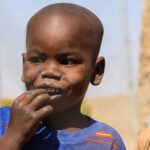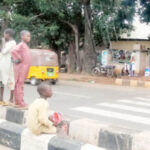The Save the Children has warned of an additional gap of at least $6.2bn of investments in education in Nigeria and other countries in the Sub-Saharan region over the next 18 months.
The Country Director, Save the Children International Nigeria, Mercy Gichuhi, said on Tuesday in a report that globally, the gap in education spending could be as high as $77bn.
According to her, deep budget cuts to education combined with rising poverty caused by the COVID-19 pandemic could force millions of children out of school forever, with millions more falling behind in learning.
“Even before the COVID-19 crisis, Nigeria is estimated to have over 10 million out of school children, one of the highest rates in the world. The impact of school closures extends beyond disruption to education – they also carry other risks to children. Children who are out of school are at greater risk of being recruited into labour, abuse, violence and exploitation, and for girls, they are more likely to never return to school when lessons re-commence.
“As pressures mounts on low-income families, children may need to work to bolster family incomes, and girls will face a disproportionately larger burden for caring for family members who contract the virus and taking care of younger children. Therefore, there is a tendency that the situation could add millions more into the existing caseload of out of school children in Nigeria,” Gichuhi said.
She said that girls are likely to be much worse affected than boys as the impacts of the recession triggered by COVID-19 hits families, many children may be forced out of school and into the labour markets.
The report urged governments and donors to respond to the global education emergency by urgently investing in education as schools begin to reopen after months of lockdown.
According to her, before the outbreak, 258 million children and adolescents were already out of school and that a Vulnerability Index in the report shows that in 12 countries, nine of which are in Africa, children are at extremely high risk of not returning to school after the lift of lockdowns.

 Join Daily Trust WhatsApp Community For Quick Access To News and Happenings Around You.
Join Daily Trust WhatsApp Community For Quick Access To News and Happenings Around You.


